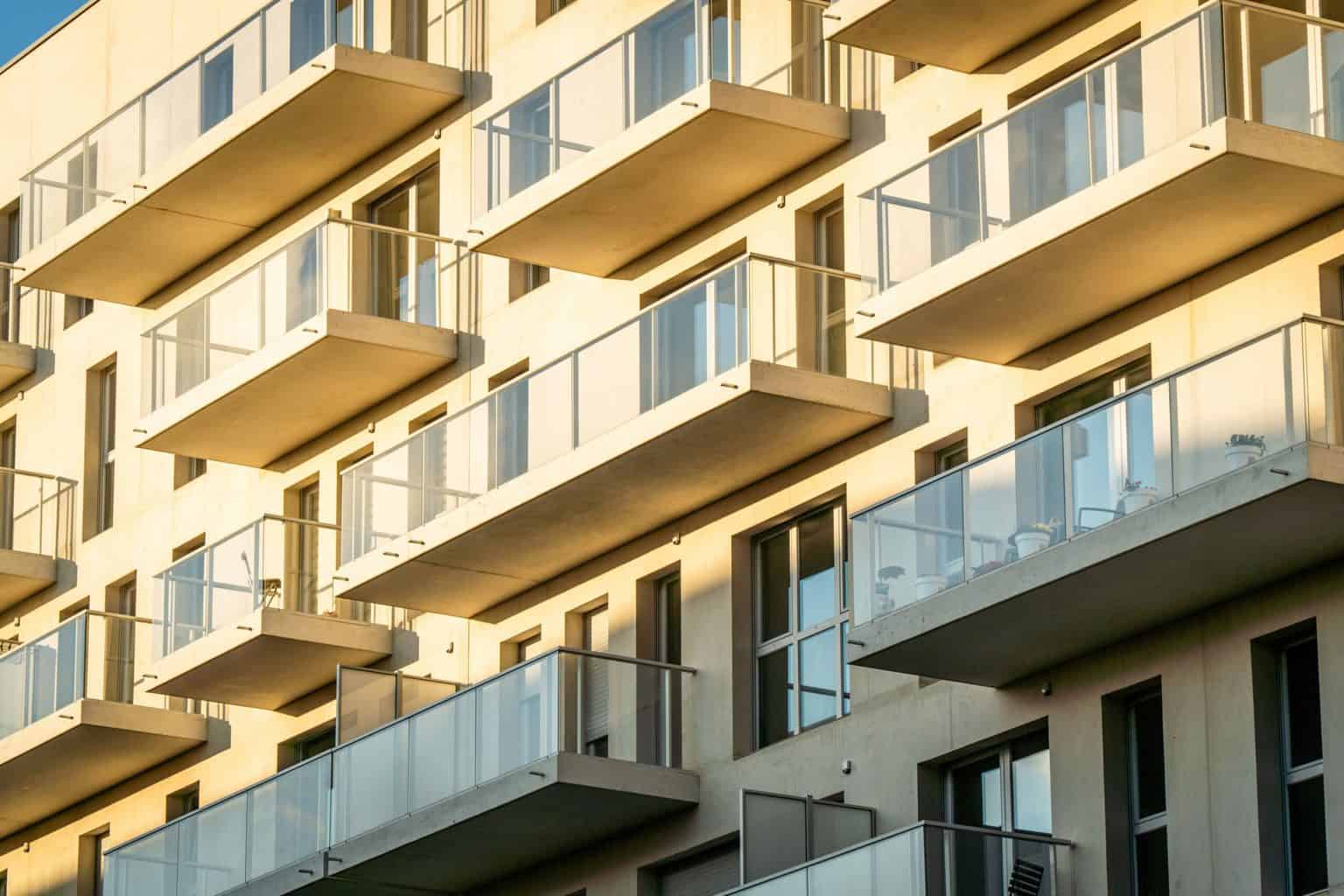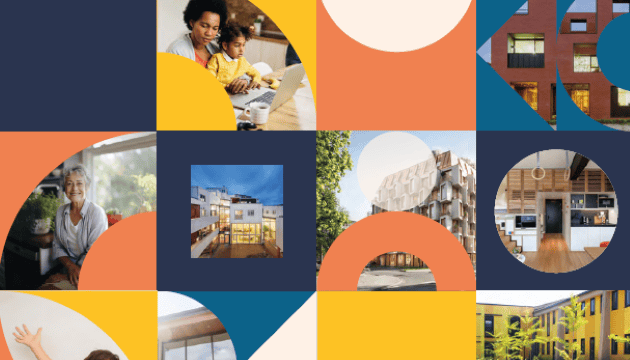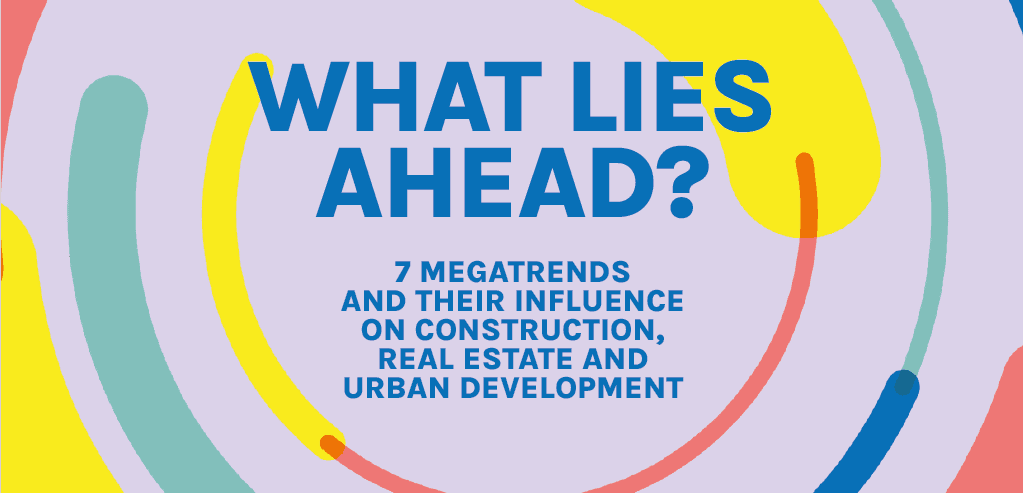
Does today’s housing meet the needs of its occupants?
4 minutes of reading
The pandemic and repeated lockdowns have unwittingly reminded us of the importance of quality housing for men, women and children as well as for family life. In 2020, when the home became a place where everyone lived, worked, rested and did leisure activities, no home could skimp on comfort and adaptation. The reality of living within four walls allowed us all to take stock of our real expectations in terms of our living environment and housing. As a result, one and a half years after the first lockdown, do French people have the same expectations as before? Here’s the answer!

Lifestyles have always evolved without necessarily having an obvious impact on the real estate choices made by the French – with the exception of the growing move observed over the last few years towards greener and more pleasant urban areas. However, for several months now, modularity, practicality and comfort seem to be the features of the homes that are most popular. Many of them are less than 10 years old. This is due to the increase in remote working, but not only this… The ageing French population is one of the factors that now, more than ever before, requires a review of the flexibility of housing. If some people still had doubts about this, COVID and its consequences have finally proven it.
This is borne out by the results of the fourth edition of QUALITEL’s annual temperature check. This particular edition – carried out during the pandemic – revealed with even greater precision the new aspirations of the French towards their homes.“A home should give its occupant the freedom to do what he or she likes with it. It must be sufficiently flexible to allow for a variety of arrangements, according to the needs, different periods and eventualities that punctuate daily life – and, in particular, family life.”
Safe and adequate housing: a multi-generational quest
Whether living as a family or alone, French people want safe homes adapted to their actual needs. For example, 67% of over 60s wanted to spend the rest of their life in their home. However, half of them believed that their home was not suitable for an elderly person. 4 in 10 French people have no desk or office space and almost as many felt that their home was not suitable for remote working. Similarly, the unsuitability of existing housing is a major problem for some. The reason for this is that while the French are getting taller (+7cm in 60 years), ceiling heights in flats have decreased by 27cm over the same period.The French are seeking more living space
More than one in two people living in the Paris conurbation or in one of the country’s major cities told QUALITEL that they need at least one more room. This lack of space represents 20m2 for 25- to 34-year-olds, 14m2 for 35- to 44-year-olds and 10m2 for 45- to 59-year-olds. A lack of space combined with the lockdown: a review! The surface area and housing quality had an effect on the way the lockdown was experienced. This resulted in: “a desire to move elsewhere among millions of French people, particularly among those who were the least satisfied with the quality of their housing. ” 40% of people under 35 wanted to move and 47% of this group live in a studio apartment. 43% of households with children also wanted to pack up and find a bigger home. The reasoning for this: 41% of families living in flats with at least two children do not have a bedroom for each child. This was the number one criterion for rooms considered essential by the 2,600 French people who responded to the QUALITEL survey, – followed by (in equal place) a toilet separate from the bathroom, and a garden.Interior design: a crucial factor for a living and ageing well
The lifestyles of the French are directly impacted by environmental issues. This begs the question: shouldn’t their homes allow them to practice their commitment, to reflect their way of thinking, the way of thinking which they can express outside their homes (whether in reality or in a virtual space)? Take the example of recycling. Although the French are increasingly mobilised in favour of recycling and the circular economy, only one in two French people really has the space to install a recycling bin in their kitchen. This is a desire that must be taken into account in both new construction and renovation, just like all the “conditions” that the French now consider important for living and ageing well at home: a more spacious living room, a smaller bathroom and bedrooms (including the master bedroom), multiple storage spaces, the installation of equipment suitable for home care… Habits and desires are changing, and housing must keep pace if it is not to become obsolete! What do the youngest members of our society have to say? For 12- to 25-year-olds, comfort is already a priority when it comes to housing, according to a study carried out by Bouygues Construction’s Lab Prospective and the startup JAM in 2020. The future generation of working people envisage a “home” that is far removed from their image as young, connected people! This means that “cosy nest”, functional and calm, are – at the moment – the adjectives that best express the expectations of the tenants and property owners of the future.More reading
Read also




What lies ahead? 7 megatrends and their influence on construction, real estate and urban development
Article
20 minutes of reading

